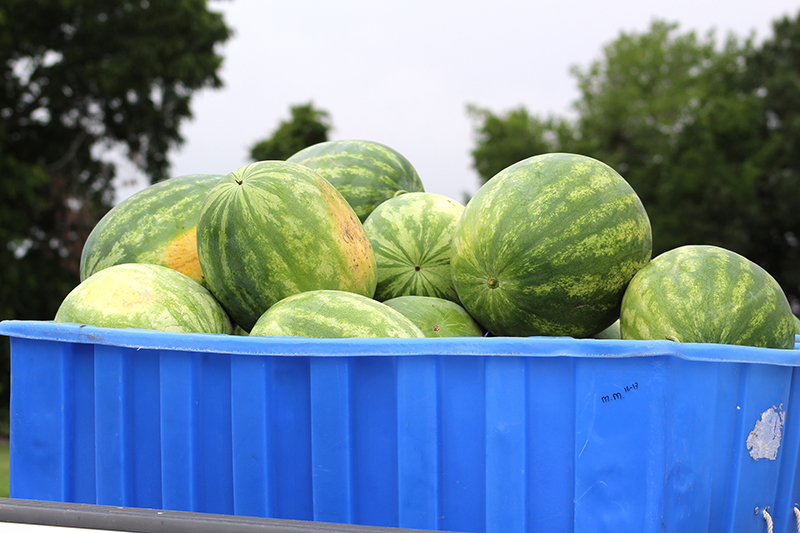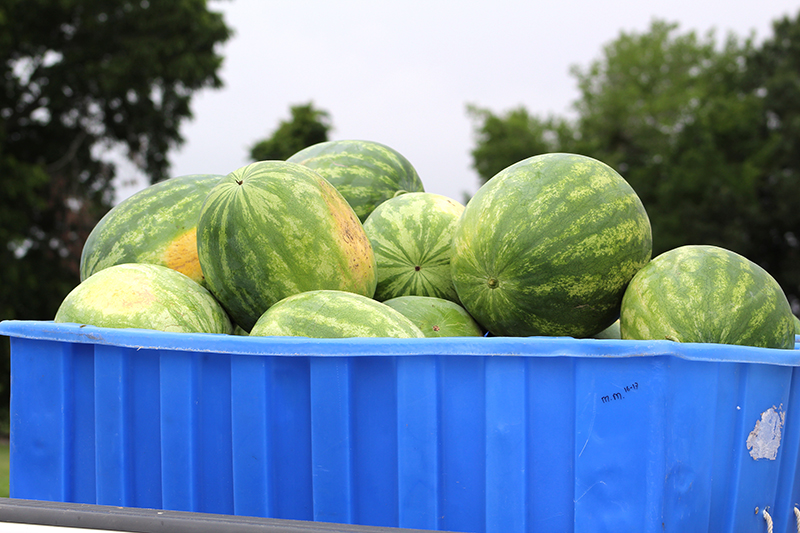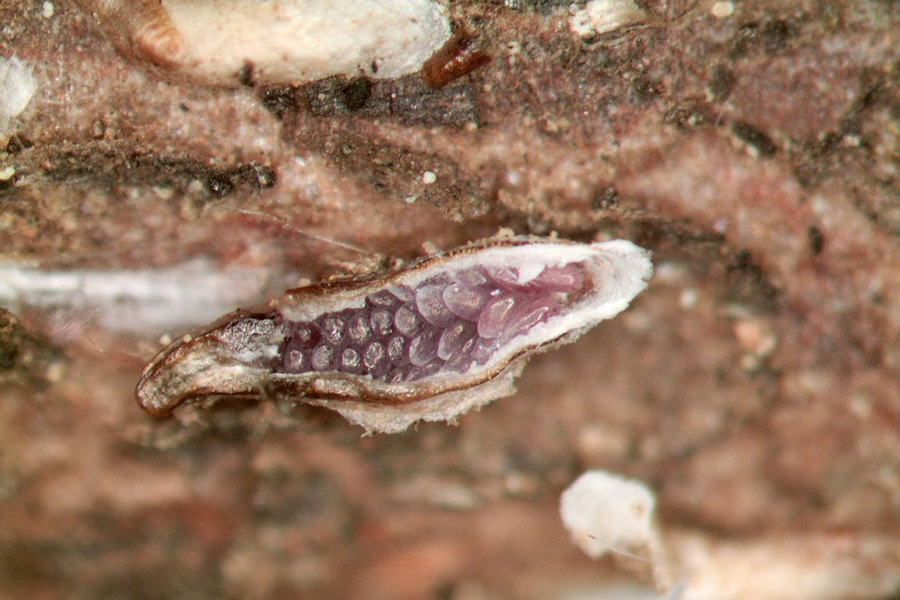Georgia watermelon producers are busy guarding their crops against potential disease pressure following last week’s rainfall.
University of Georgia plant pathologist Bhabesh Dutta issued an alert last week to all Georgia vegetable farmers announcing that downy mildew was discovered in northern Florida. The pathogen that causes downy mildew can’t survive a hard frost, so it overwinters in frost-free regions like southern Florida. During May and early June, wind currents blow the spores into Georgia.
Downy mildew can degrade or destroy watermelon plants’ foliage. The pathogen thrives in wet, humid conditions and needs moisture on the plant’s surface for successful spore germination and further infection.
Dutta believes all Georgia watermelon producers will have to treat for downy mildew at some point during the growing season. Tift County Extension Coordinator Scott Carlson believes that time could come soon.
“With these weather systems coming through and the rainfall events that we’re having, we could have good conditions for infections to occur if the spores are out there,” Carlson said.
Because of the favorable conditions for disease development, Dutta encourages farmers to apply chemical treatments for downy mildew even if there are no signs of the disease. Growers can avoid significant damage if they stay ahead of the disease, he said.
Unpredictable weather patterns have kept Georgia watermelon farmers on their toes this spring. Abnormally cool temperatures in early to mid-April slowed the growth of the watermelon plants. However, watermelon plants hit a growth spurt over the past two weeks as temperatures soared into the 90s.
“We’re probably still a little bit behind where we have been in the past, but a large number of fields have softball or larger-size fruit in them. Depending on variety, those growers can expect a harvest in early to mid-June,” said UGA Extension vegetable specialist Tim Coolong.
In addition to disease, UGA Extension experts caution growers to be on the lookout for insects when Georgia experiences hot, dry weather again.
Colquitt County Extension Agriculture and Natural Resources Agent Jenna Kicklighter and the producers in her county have been worried about downy mildew infecting their fields. Now they are watching for insect problems.
“From an insect standpoint, the recent heat and dry conditions have increased the insect pressure. Various insects have been more active,” Kicklighter said. “It’s kind of like you can’t win for losing. When the rain comes, it helps with the insects, but disease risk increases. When it’s hot and dry, farmers don’t worry about diseases near as much, but they have to watch the insect pressure. The weather has just been crazy this year.”





